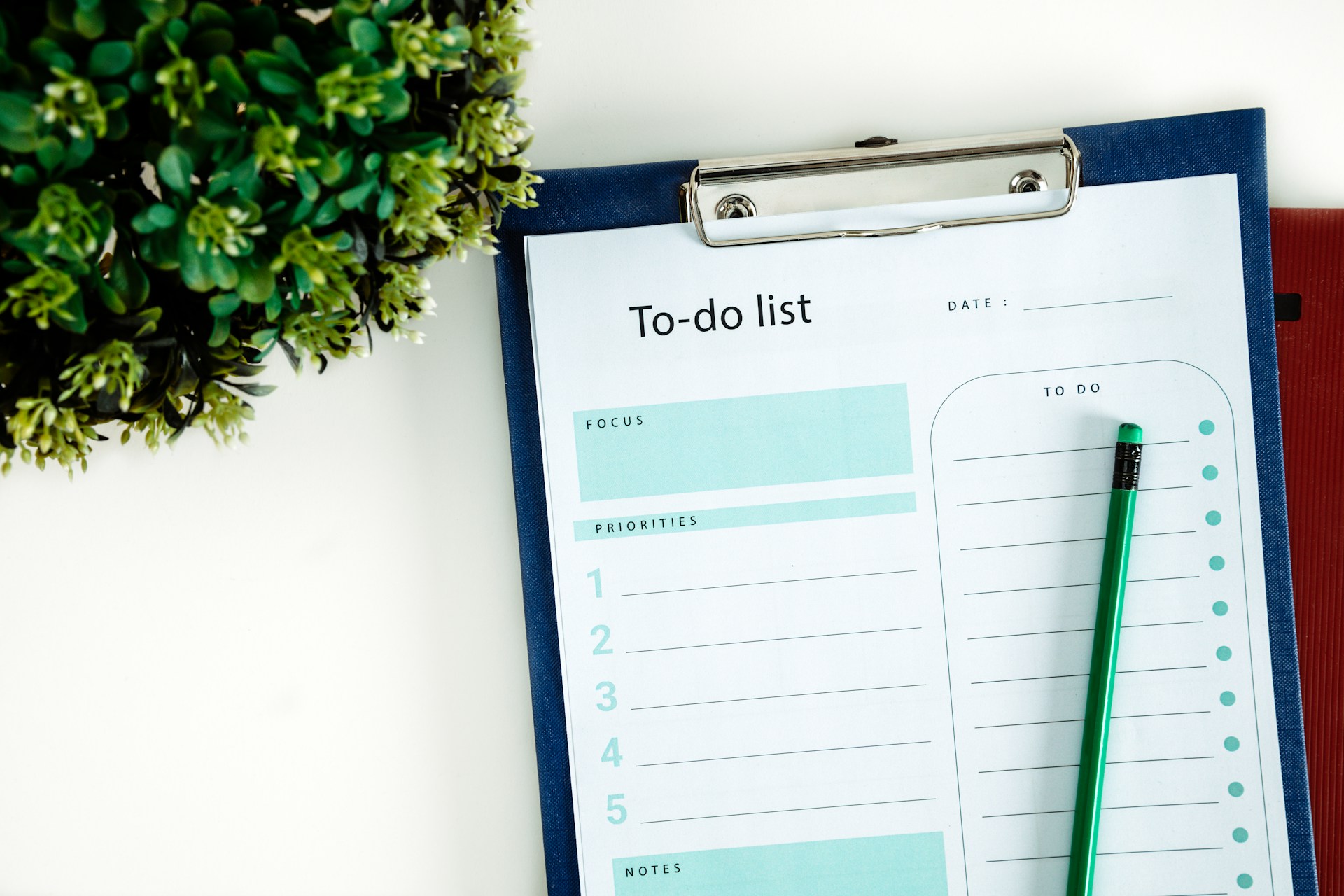It is very common for women to gain weight after menopause, and often they become frustrated because they have not changed anything in their lifestyle to account for this excess weight.
Unless you understand what your body is going through and how to compensate for the changes that menopause causes, maintaining a healthy weight may be near impossible. You will put in the effort, but sadly the results will be slow to nonexistent.
Today we are going to talk about what causes weight gain after menopause, why it is so hard to lose weight after menopause, if your age has anything to do with it, and what you can do to stop menopause weight gain and get rid of “menopause belly.”
{{cta_button}}
Is Weight Gain After Menopause Normal?
Yes, most women notice that they gain weight in their 40s and 50s, especially around their belly, hips, and thighs, which can happen naturally as you get older, but menopause creates additional challenges.
Even women who live healthy lifestyles might notice the numbers on their scale creeping up despite the fact that they have not made any changes in their diet or exercise routine. This can happen because menopause causes changes to your hormone levels.
One of the biggest hormone changes is that your estrogen level drops, which alters the way your body stores fat, retains your muscle mass, and burns calories. This change often causes what is called a menopause belly because the drop in estrogen changes the distribution of your excess fat and shifts it toward your abdominal area.
Lower estrogen levels cause weight gain because:
- Your body slows down how fast it burns calories.
- The fat you retain begins to redistribute and can begin to accumulate in your belly.
- It can speed up your rate of muscle loss, which means you burn fewer calories each day even when you are at rest.
Surgical Menopause
If you enter early menopause caused by a hysterectomy, especially if your ovaries are also removed, you can start gaining weight, and it might happen much more quickly than you expected. Your body experiences an immediate drop in estrogen, which is different from naturally occurring menopause, because that happens gradually, so your body does not have the same amount of time to make adjustments.
Also, you may be less active while you are recovering from surgery, so you are not getting enough exercise. Many women experience a rollercoaster of emotions going through early menopause, which can lead to stress, emotional eating, or changes in sleep patterns, which can contribute to weight gain.
Does Weight Gain Happen Due To Age or Menopause?
The answer to this is both. Your age and menopause can be a double whammy of weight gain because as you get older, your metabolism slows down, which means that your body burns fewer calories than it used to. You might be eating the same way you did in your younger days and be diligent about your exercise routine, but now your body is storing more of that food as fat.
Then menopause kicks in and reduces your estrogen levels, which also affects how and where your body stores fat, how much muscle you maintain, the quality of your sleep, and even your mood, all of which can lead to weight gain or make it harder to lose. So, if you have been wondering why you are having such a hard time maintaining a healthy weight after 50 and menopause, it is because the struggle is real. You are not imagining it; your age and the changes that menopause is putting your body through are affecting your ability to keep your weight under control.
At What Stage Of Menopause Do You Gain The Most Weight?
Most women begin to gain weight when they enter perimenopause, which is the stage before your menstrual cycles completely stop. This can start in your 40s and can last for over ten years, and you might not even realize it is happening at first. This is the stage when all the changes begin to take place, so it is also the time frame when women gain the most amount of weight.
When you have ceased menstruating and have not had a period for twelve consecutive months, you have officially entered into postmenopause, and your hormone levels are at their lowest, and your metabolism is most likely at its slowest as well.
How to Fight Menopausal Weight Gain
The good news is that there are some things you can do to proactively stop menopause weight gain, or at least a good majority of it. Weight gain from menopause or aging does not happen overnight but builds up gradually, so if you understand the changes that are happening in your body, you can adjust your lifestyle habits to accommodate these shifts. Here are some things you can do that can help:
Adjust Your Eating Habits
Instead of testing out extreme diets or significantly lowering your calorie intake, focus on the types of calories you are eating. After menopause, your body needs more protein and fewer empty carbohydrates, and all calories are not the same. Your body needs more:
- Lean proteins like fish, chicken, tofu, or beans.
- Vegetables, and especially leafy greens.
- Whole grains like quinoa or oats.
- Healthy fats from nuts, seeds, or avocados.
Try not to skip meals, but rather eat smaller, well-balanced meals throughout the day so you can maintain a consistent energy level and mitigate cravings. Also, avoid eating foods that will exacerbate your issues, like processed foods or choices with added sugars, and stay away from excessive alcohol and too much caffeine.
Adjust Your Exercise Routine
If you do not have a current exercise routine, it is important that you implement one into your daily schedule. You need a balance of both cardio (walking, running, dancing, biking) and strength training because when you hit menopause, it is easier to lose muscle, which slows down your metabolism and just adds to your weight issues. Lifting weights or using resistance bands at least two or three times a week can help. Also, exercises like squats or pushups that use your body weight for resistance can help, but they may be more challenging depending on your circumstances.
The more movement you can incorporate into your day, the better your body will metabolize food and reduce stress.
{{cta_small}}
Get Quality Sleep
Menopause can mess with your sleep patterns, and poor sleep is linked to higher stress levels, hormone imbalances, mood swings, and weight gain. These are all things you are already dealing with due to menopause, so you want to avoid making them worse.
- Get at least seven hours of sleep every night.
- Keep a regular bedtime.
- Avoid screens an hour before bedtime.
- Avoid caffeine after around 2:00 p.m.
- Keep your room cool and dark.
Proactively Manage Your Stress Level
Menopause already brings mood swings, anxiety, and extra stress, which causes your body to produce more of the stress hormone cortisol, which can lead to weight gain, more belly fat, and an endless cycle of frustration. If you find activities that reduce your stress levels, like walking, yoga, a hobby, or spending time with friends, etc., it can help reduce the level of cortisol in your system and make it easier for your body to work more efficiently to burn calories, so you can lose weight. It will also help you sleep better, improve your mood, and balance out your hormones, which can improve your quality of life.
Finding small but daily habits that help calm your mind can have a big effect on how you feel and how your body responds to strategies used for weight management.
Seek Professional Help
If nothing you have tried seems to be helping, you should consider enlisting the help of a professional. There are options available, like hormone therapy or medical weight loss programs, that can help even out your hormone levels and jumpstart your metabolism to help you lose weight after menopause. There is no need to go through these challenges by yourself when there are professionals who have dedicated their lives to helping women with menopause weight gain.
Do You Need Help To Stop Menopause Weight Gain?
Unfortunately, there is nothing you can do to stop menopause from happening, but there are things you can do to prevent gaining weight during the process.
Making some lifestyle changes and enlisting the help of an experienced weight loss doctor like Dr. Steven Batash can help you achieve and maintain a healthy weight and improve your health. Dr. Batash and the team at Batash Endoscopic Weight Loss Center offer practical and effective solutions to help you lose weight and feel better.
You may be experiencing an imbalance in hormones, an underlying condition or could use some guidance on improving some of the daily choices you are making. Whatever the reason, the team at Batash Endoscopic Weight Loss Center can create a personalized plan tailored specifically for you so you can achieve your goals. Set up a consultation today, and let us help you find the best weight loss solution to combat menopausal weight gain.
{{cta_button}}








